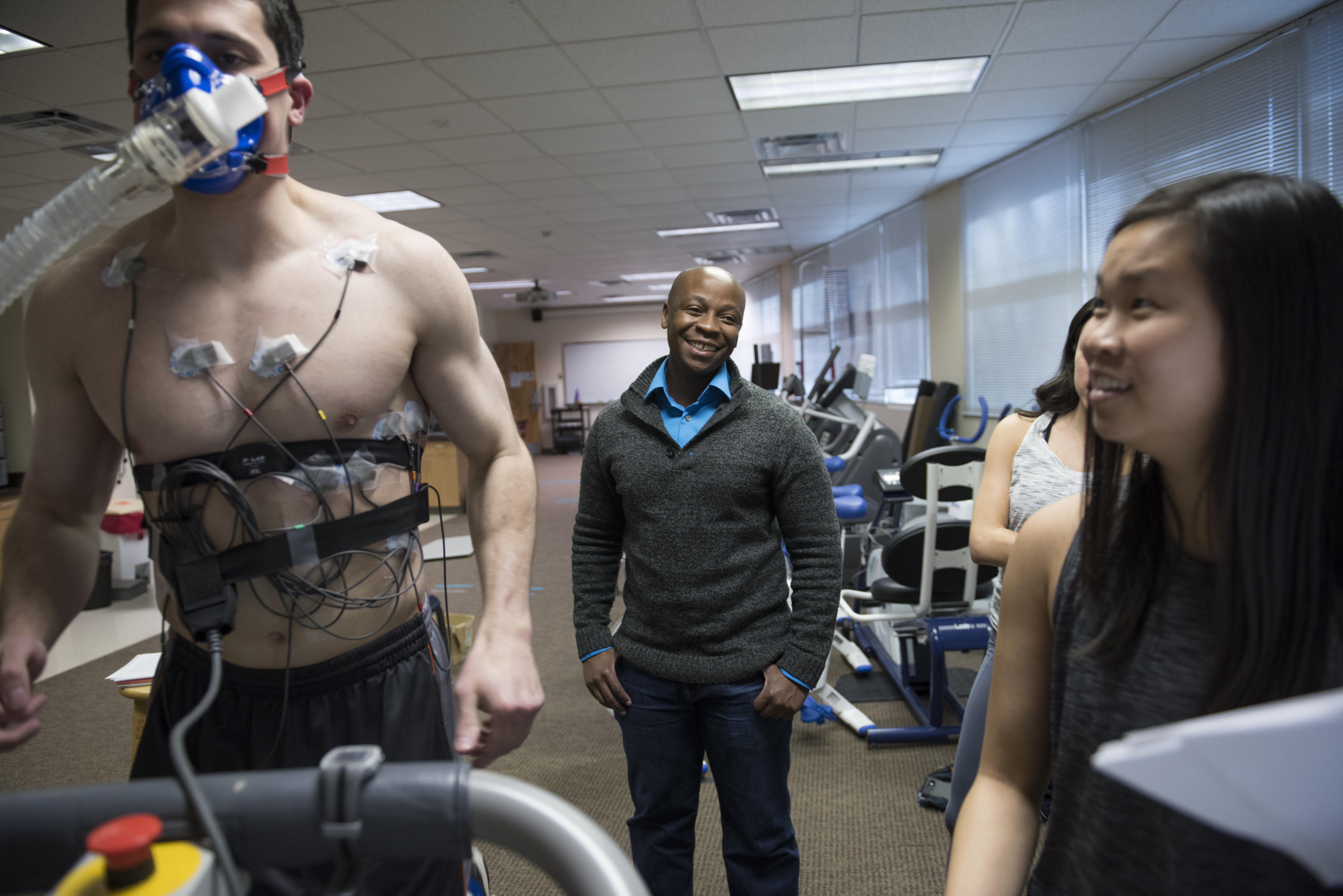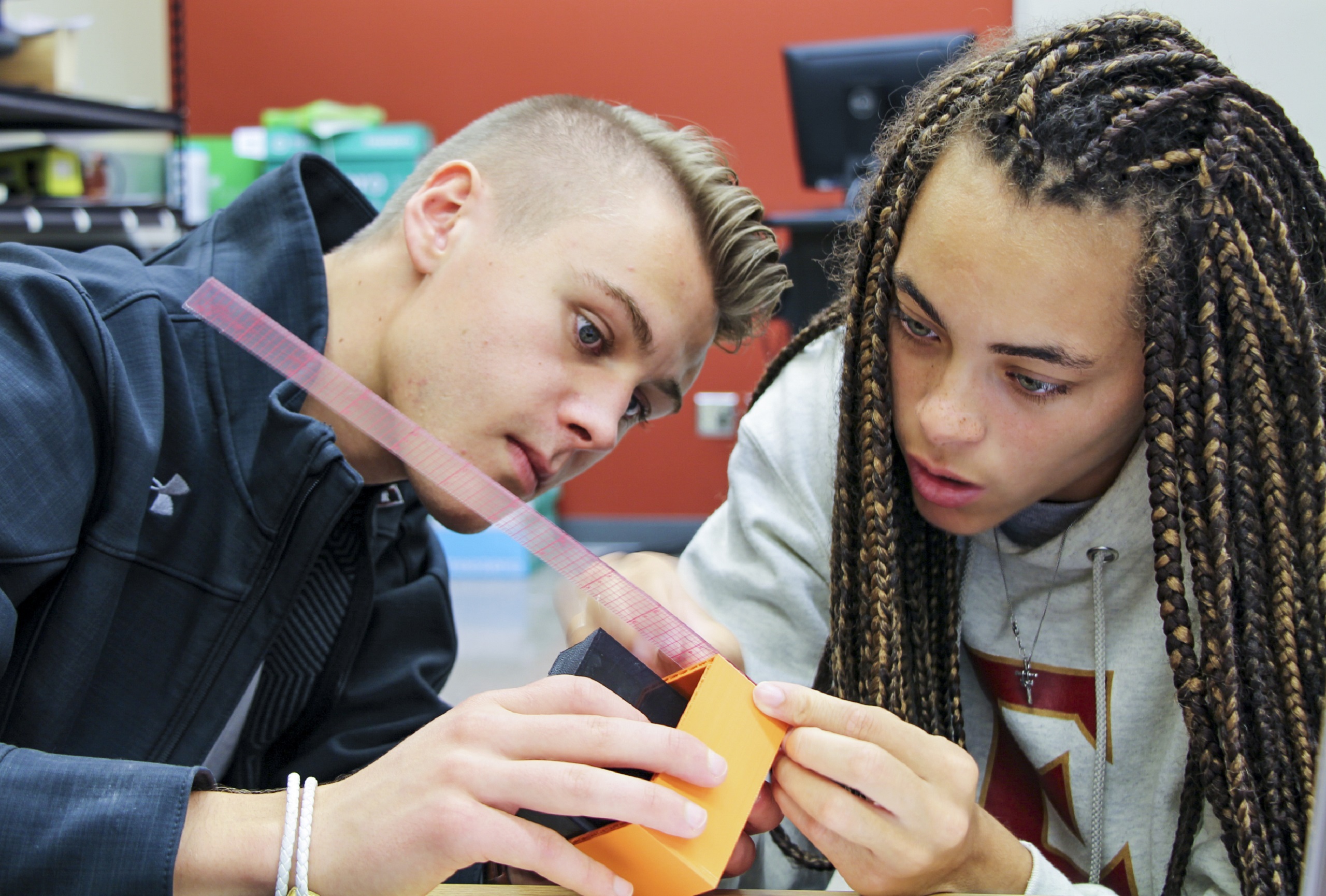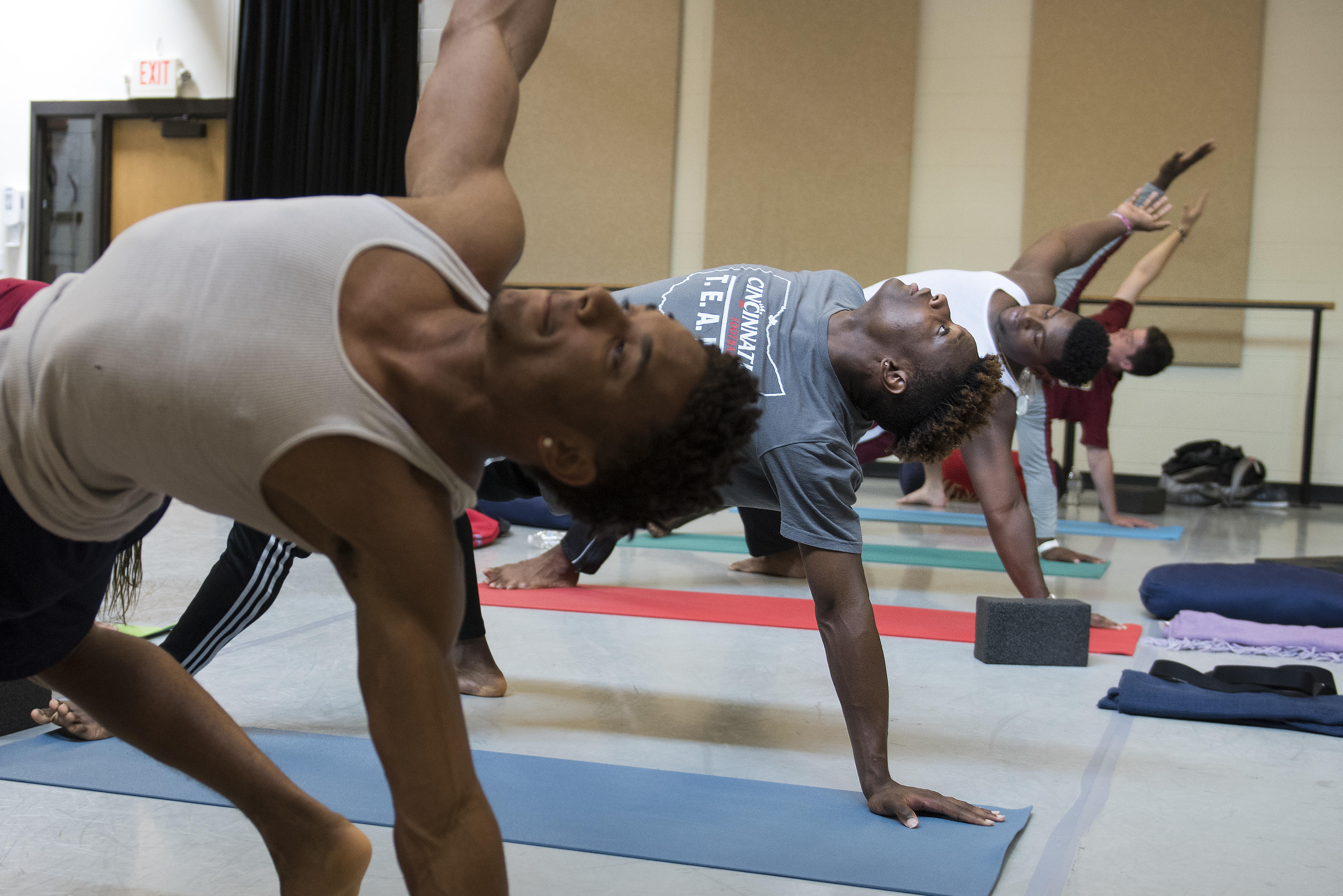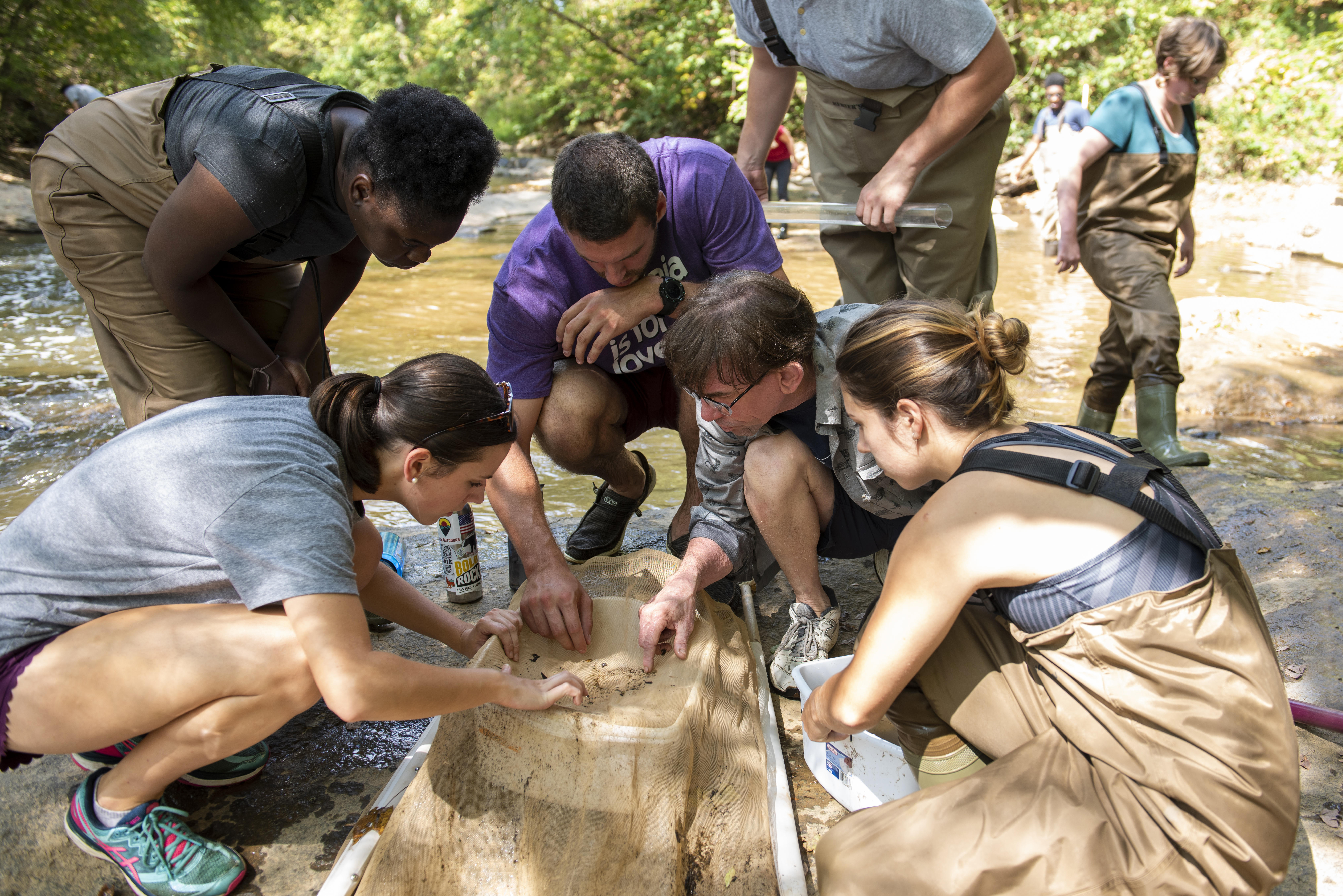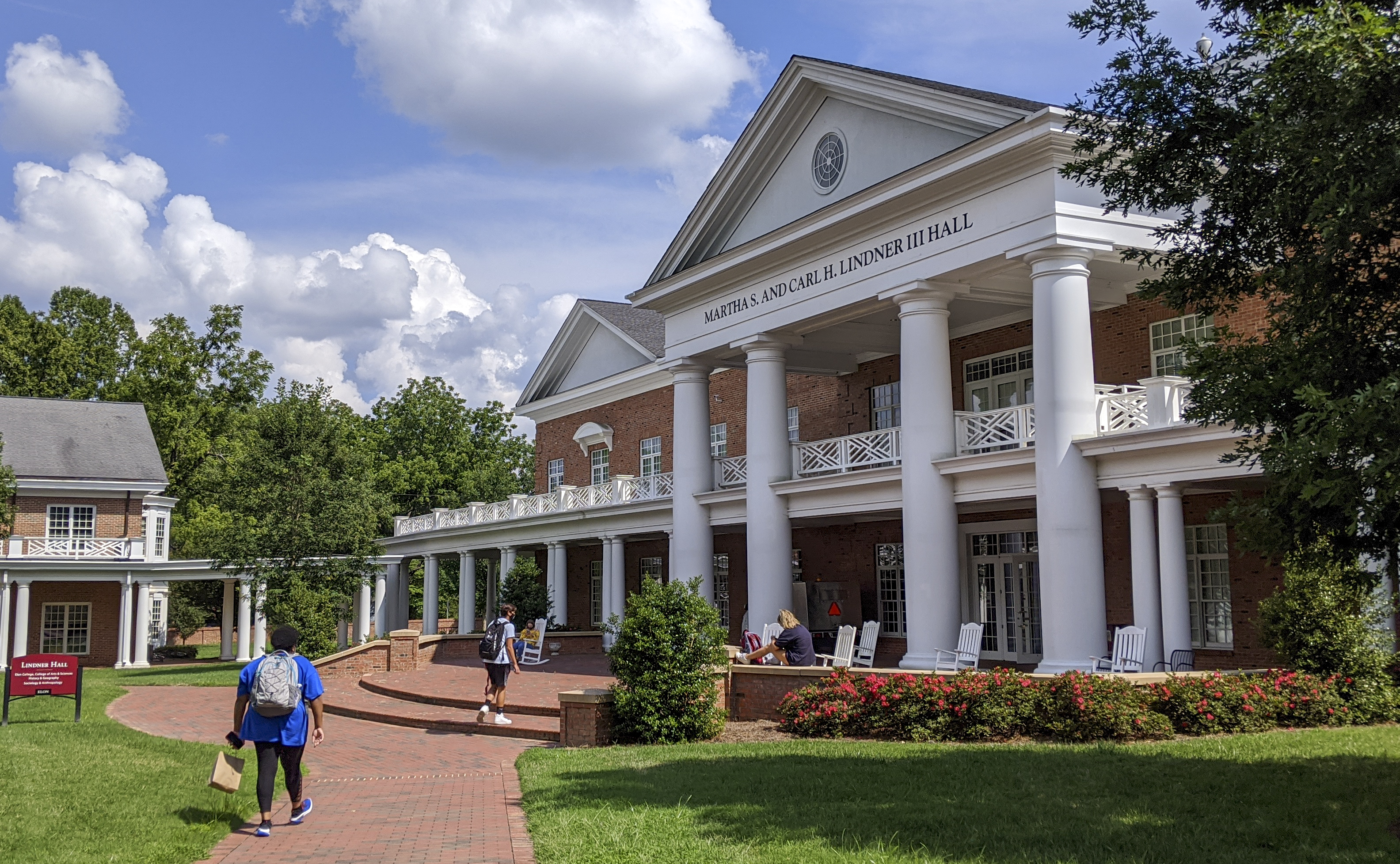- Home
- Academics
- Arts & Sciences
- About Elon College
- Inclusive Excellence in Elon College
Inclusive Excellence in Elon College

Advancing Inclusive Excellence in Elon College, the College of Arts and Sciences
 A commitment to inclusive excellence is at the very bedrock of a liberal arts education. In Elon College, the College of Arts and Sciences, we extend the mission of the University — “fostering respect for human differences” and “preparing students to be global citizens and informed leaders” — to critically examine problems and enact solutions for complex issues facing our society.
A commitment to inclusive excellence is at the very bedrock of a liberal arts education. In Elon College, the College of Arts and Sciences, we extend the mission of the University — “fostering respect for human differences” and “preparing students to be global citizens and informed leaders” — to critically examine problems and enact solutions for complex issues facing our society.
We understand that advancing social equity, inclusivity and justice requires commitment to action over time. Our faculty, staff and students apply disciplinary expertise and interdisciplinary perspectives as we examine the different systems and processes that perpetuate injustice. This important work will never be finished — there is much left to be learned and accomplished in our classrooms, in our community and beyond.
Areas of action
Each academic department in Elon College is advancing inclusive excellence by focusing on:
-
Curricular approaches: Reviewing and revising courses, content and course offerings
-
Collaborative skill development: Enhancing student, faculty and staff skills in collaboration with other areas and the community
-
Equity in experiences: Creating great access to high-impact practices
-
Climate and culture: Fostering diversity and inclusion within departments and programs
Departments and programs are working to meet these goals with a shared commitment to enhance courses, expand student access to learning experiences and foster a sense of belonging. Faculty are deepening intentional and ongoing work, establishing new initiatives and actively seeking partnerships across disciplines and with communities to provide new opportunities for knowledge and understanding.
Among plans underway across the College are:
- Reviewing curricular and course content for areas related to inclusive excellence;
- Establishing peer-mentoring programs throughout disciplines and programs;
- Implementing antiracist pedagogy;
- Bridging courses and sections with interrelated subjects in inclusive excellence;
- Including more speakers, panelists, authors, artists and local community representatives who are members of marginalized or underrepresented groups;
- Planning more extracurricular and team-building events to create belonging; and
- Expanding partnerships with colleagues at historically Black colleges and universities.
